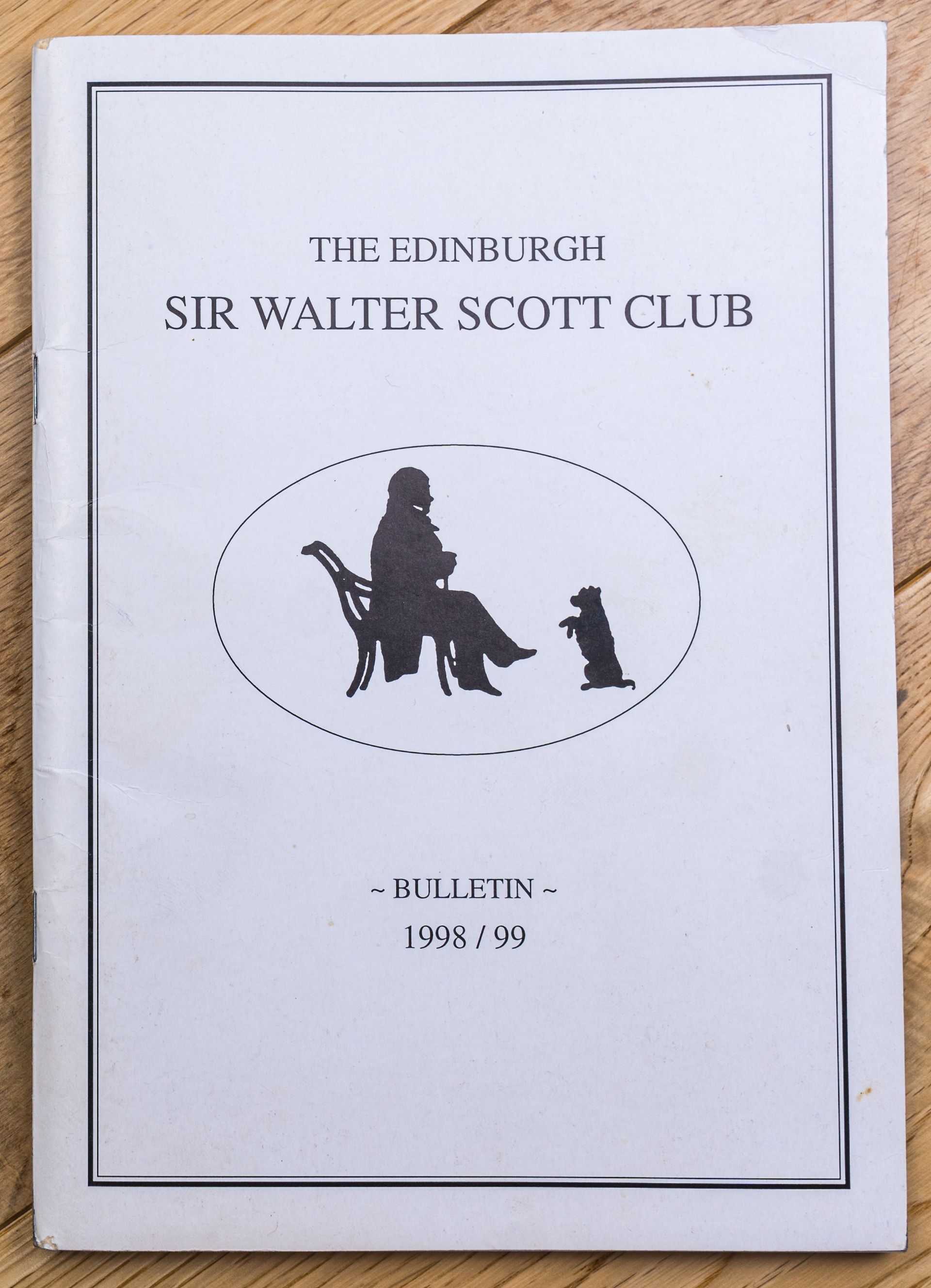Sir Walter Scott and His Influence on the Russian Psyche
1999
Summary of the Talk:
The talk explores the deep and lasting impact that Sir Walter Scott's works had on Russian literature and culture. The author discusses the concept of the "Russian soul" or "dusha" and how Scott's writings resonated with the Russian psyche, particularly during the 19th century. Here's a summary and some interesting points:
- Cultural Context: Gunn begins by discussing Russian history, particularly the evolution of Russian culture and identity. He emphasizes that culture reflects the soul of a nation and sets the stage for the influence of Sir Walter Scott on Russian literature.
- Russian History: He provides a brief overview of significant moments in Russian history, such as the Christianization of Kievan Rus, the Mongol invasions, the rise of Muscovy, and the reign of Peter the Great. These events shaped Russia’s identity, influencing its culture, language, and literature.
- Russian Literature and Scott’s Influence:
- Prince Igor’s Campaign: The talk touches on early Russian literary works, such as the Lay of Prince Igor, which had a significant place in Russian literary tradition.
- Pushkin and Other Russian Writers: Gunn highlights how Pushkin, Gogol, Dostoyevsky, Tolstoy, and others were profoundly influenced by Scott’s works. Pushkin, in particular, was an avid reader of Scott, and it is suggested that Scott’s influence can be seen in the Russian writer's themes, literary style, and character development.
- Scott’s Literary Impact: Gunn draws parallels between Scott’s works and those of Russian authors, such as the similarity between Scott's Heart of Midlothian and Pushkin's Captain's Daughter. He also mentions how Pushkin's Tales of Belkin and Lermontov’s A Hero of Our Time echo Scott’s literary style.
- Scott’s Legacy: By the 19th century, Scott's popularity in Russia declined as new generations moved on to more modern works. However, his influence persisted, especially in the ways Russian writers depicted ordinary people and the intricacies of history through individual lives.
Interesting Points:
- Historical Parallels: Gunn emphasizes the parallels between Scottish and Russian history, particularly in terms of their struggles for identity and resistance to foreign invasions (e.g., the 1745 Jacobite Uprising and Russia’s battles against the Mongols). These historical themes resonated deeply with Russian writers and readers.
- Pushkin's Admiration for Scott: The fact that Pushkin was such a dedicated reader of Scott speaks volumes about the connection between the two authors. Pushkin’s Captain's Daughter shows direct influence from Scott’s historical novels and narrative style.
- The Role of Ordinary People in History: Both Scott and Tolstoy saw history through the eyes of ordinary people. This was a significant departure from previous historical narratives, where monarchs and military leaders were often the sole focus. This focus on common people can be seen in Russian works like War and Peace, which drew inspiration from Scott’s depictions of history through the lives of everyday people.
- Lermontov’s Use of Scott: Lermontov's A Hero of Our Time features references to Scott, with the protagonist, Pechorin, reading Scott’s Old Mortality. This connection suggests that Scott’s works were used to explore themes of mortality and the human condition, much like the Russian novelists did in their exploration of existential struggles.
- Decline in Popularity: In the late 19th century, while Scott’s works were still read by older generations, younger Russians began to favour novels like War and Peace, and Scott’s once widespread influence began to wane. This shift reflects broader cultural changes, including the rise of more modern literary forms and the impact of other cultural forces like television.
In conclusion, the talk underscores the immense and lasting influence that Sir Walter Scott had on Russian literature, shaping how Russian authors approached history, character development, and the portrayal of ordinary people in times of great social and political upheaval. Despite the decline in his popularity later on, his legacy continued to impact the Russian literary world, particularly in the 19th century.
Download the [transcript] or Read the [bulletin]

Download the [transcript] or read the [bulletin]


